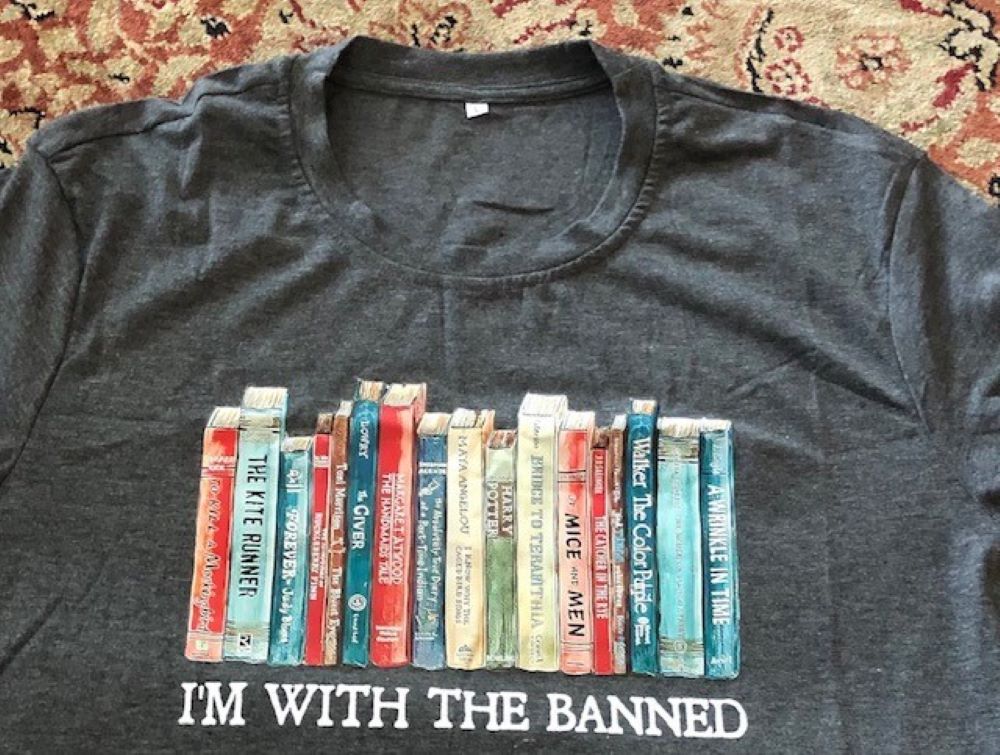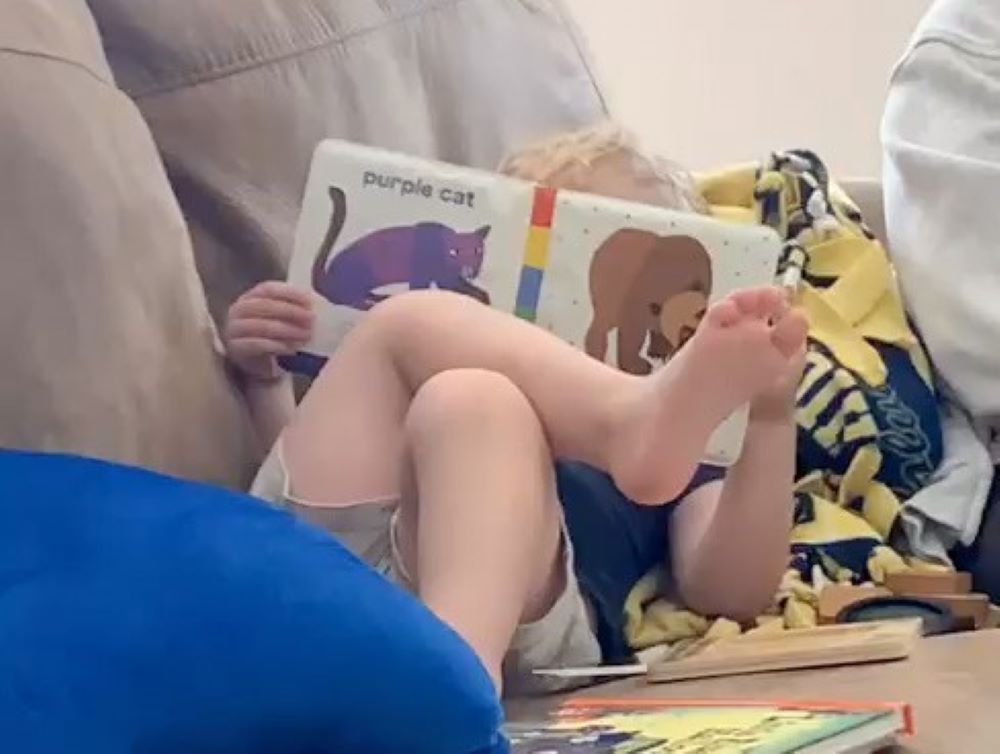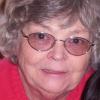
Humility of Mary Sr. Margaret Cessna's favorite T-shirt pictures banned books, including several that have taught her many lessons. (Margaret Cessna)
I just had to buy the T-shirt. It pictured some of my top 10 favorite books of all time. Banned.
In the '60s when I was a high school teacher, I had a class of sophomore boys that I swear could have been the inspiration for J.D. Salinger's Holden Caulfield. The Catcher in the Rye provided a few tips on how to reach them. None were good students. They were smart, but not interested in anything but cars and the parking lot where they could skip lunch and dash out for a cigarette. One day after I had passed out unit tests, I noticed that Joe was setting his paper on fire. I grabbed a heavy history book from my desk and slammed it down on the burning paper.
Fire out, I sat at the desk in front of Joe and turned sideways to face him. I asked why he did it. He said, "I didn’t know any answers." "Well, what do we do now?" I asked. "I don’t know," he said. "I just don't know." I asked him if he could sit quietly for the rest of the class. He promised he would, and did, with his head down on the desk. The rest of the boys were stone still. Not a sound.
I collected their test papers and said if they promised that everyone would participate, we would have a discussion on the unit instead of a written test. We did. At the end of class, Joe and I walked to the principal's office.
Later, I visited Joe in the psych ward. We walked up and down the hall. He didn't speak, but he did not send me away, either. I moved to another city for a new assignment at the end of the year. I lost track of Joe, but I will never forget this lost boy in a world that did not seem to care.
I was able to deal with Joe for a few reasons. I was 25 years old and too dumb to be nervous. I was an only girl raised with five brothers. I knew teenage boys. And mostly, I could deal with Joe because I had read The Catcher in the Rye. And now it is banned in some places. Stupid.
These bans do not stop serious readers from deciding what they will read.
Knowing that Salinger was a recluse, I decided to send him a letter anyway. Did he answer? No. It didn't matter. I just hope he read it.
Salinger is dead now. But he is on my favorite T-shirt. His work will never die. Hooray for books.
Multiple states have banned certain books in some schools and libraries. It is a maneuver used to promote their political agendas and their escalating culture war that puts books centering racism, sexuality, sexual orientation and gender identity on the forbidden list.
These bans do not stop serious readers from deciding what they will read. I have learned some great lessons from banned books.
Khaled Hosseini writes with exquisite prose in The Kite Runner about friendship, betrayal, forgiveness and redemption. It is a sad read for me at times, but a story with a universal lesson, with truths about ourselves and our world, told in a way no other story I have ever read has done.
Toni Morrison was born and raised in Lorain, Ohio, a small town where I taught in an all-white high school for five years in the '70s. Her first novel, The Bluest Eye, is set in Lorain. I still carry the deepest sadness of not knowing the trauma and pain going on in the neighborhoods that I drove through every morning on my way to school. The realization wakened my soul.
Margaret Atwood's The Handmaid's Tale was a gut-wrenching read that reminded me to be vigilant in protecting our way of life in the land of the free and the home of the brave. It was worth the difficult read.

Humility of Mary Sr. Margaret Cessna's 4-year-old nephew Barrett, reads a book, an activity she has long advocated for her nieces and nephews. (Margaret Cessna)
I Know Why the Caged Bird Sings by Maya Angelou stands alone for me as the classic story of the trauma of a child growing up Black in the racist south. Angelou's work invited me into a world I would have otherwise never known. Overcoming her pain and memory, she became a trailblazer in achieving success. Strength of character and a love of literature helped her to overcome racism and trauma. She became a celebrated and bestselling author and civil rights activist. Hers was an extraordinary journey from Stamps, Arkansas, to the world stage. And she took me along for the ride. Her many awards include the National Medal of Arts awarded by President Bill Clinton and the Presidential Medal of Freedom, the highest American civilian honor, awarded by President Barack Obama.
The New York Times in 2021 celebrated the 125th anniversary of its Book Review section by inviting readers to nominate their choice for the best book published in the past 125 years. Topping the list was To Kill a Mockingbird.
Advertisement
Harper Lee has touched the hearts and opened the eyes of generations of readers with her Pulitzer Prize-winning story (now banned in some places) that takes place in the fictional town of Maycomb, Alabama, in the early 1930s. The town is a hotbed of racism and racial inequality. It is the story of a white lawyer, Atticus Finch, who had the courage to defend a Black man in the segregated south. It is quite clear that Finch has become a moral hero for many readers.
Lee allows us to experience the gentle heart, curious mind and indomitable spirit of his young daughter, Scout. I suspect I am not the only one who has read To Kill a Mockingbird more than once.
Reading books, banned or not, is so much more than entertainment. Books introduce us to the world and people that we would never meet. They can be a timeless link to universal truths, pain and joy, courage and fear, life and death, love and hate. They can make us laugh and cry, think and wonder. They can keep me up half the night just to turn one more page.
Since my nieces and nephews were very young, I have told them over and over, and now tell their children, that "the more you read the smarter you get."
It seems to have worked for me.







